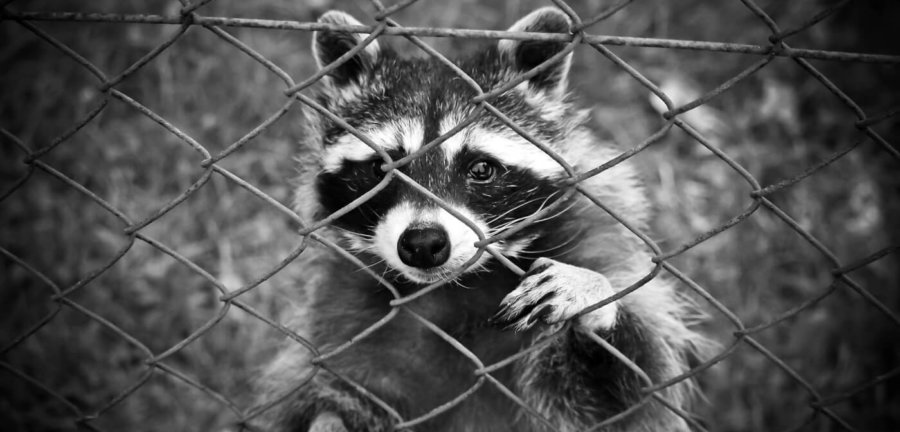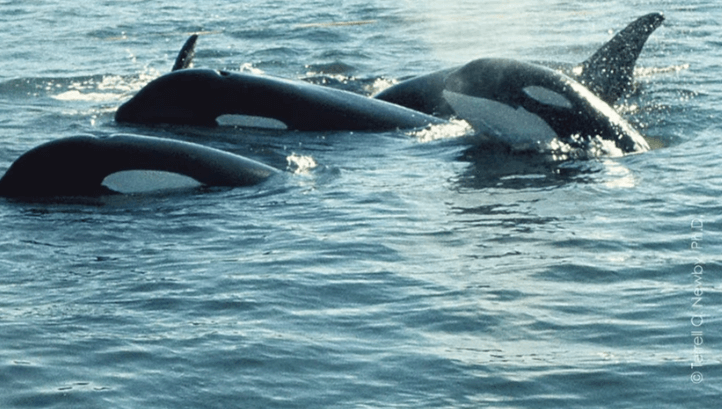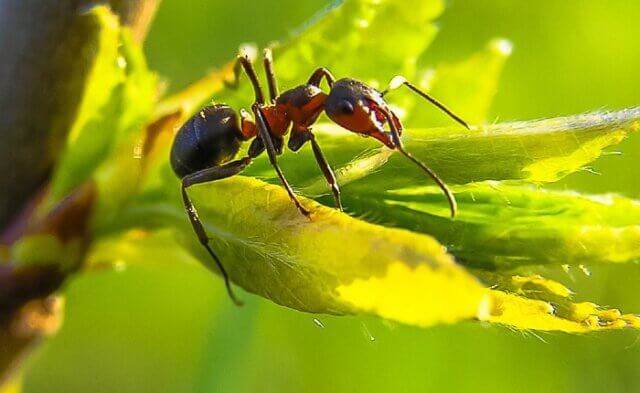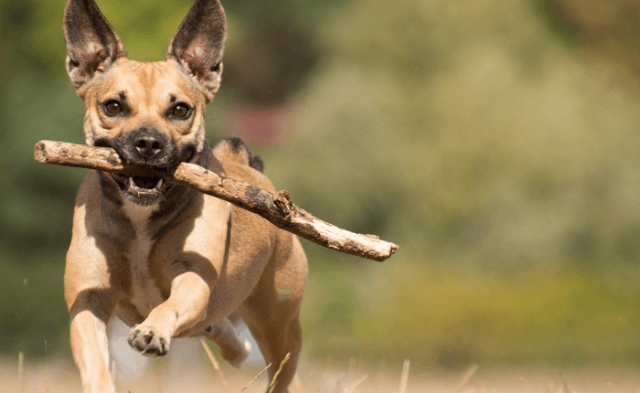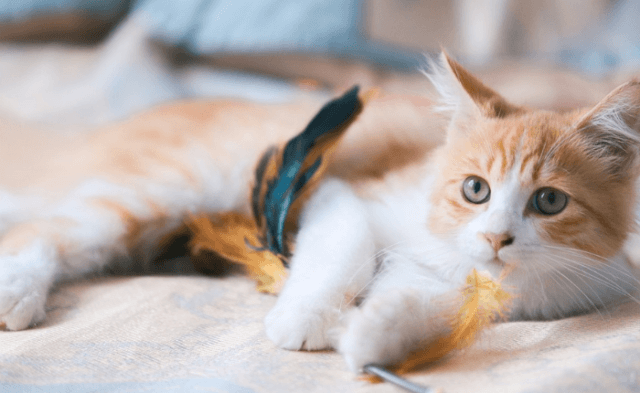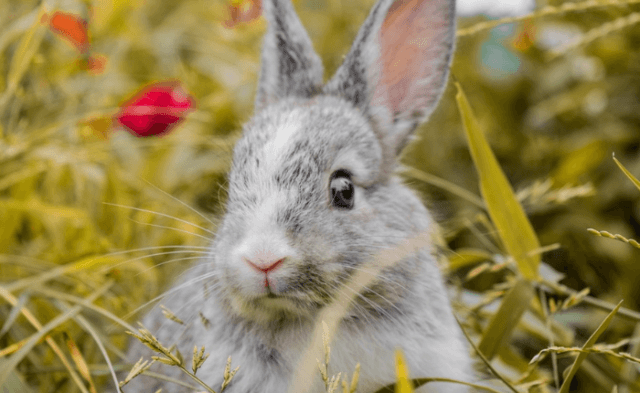It’s common sense to anyone who’s spent time around animals that, just like humans, other species experience the whole spectrum of emotions, including grief. Until recently, though, some in the scientific community have minimized, ignored, or outright denied that animals mourn and experience grief when a loved one dies or is separated from them. But that’s starting to change—in part, because of what animals themselves are showing people who pay attention.
Take, for example, a herd of collared peccaries (social, pig-like animals) who were caught on camera returning to the body of their deceased comrade for 10 days. They nuzzled the body, sniffed it, stared at it, tried to lift it with their snouts, and even slept next to it. Mariana Altrichter, a biologist who has studied peccaries for years, believes that these animals were exhibiting the textbook definition of mourning: “Actions that an animal takes to deal with a loss.”
Or consider the 24-year-old female orca researchers observed behaving unusually in waters near Washington’s San Juan Island. Instead of foraging with her pod, she was alone, carrying a dead newborn in her mouth. During the six hours that the team watched her, she dove and emerged from the water with the baby on top of her head or cradled in her mouth. If she lost the baby—who researchers believe was her own—she would circle back to retrieve him or her.
Cetacean expert Robin Baird, who witnessed this orca’s behavior, observed the following:
I’ve spent much of my career studying long-lived social mammals, where group behaviors are critical for their survival. There’s no doubt in my mind that these animals have strong bonds with other individuals. In cases like that—the behavior of animals toward the premature death of their own offspring—it would be hard for me to imagine that it could be anything other than exhibiting grief.
Many other examples like these have been documented. The renowned primatologist Jane Goodall observed a young chimpanzee called Flint in Tanzania who stopped eating and became thin and lethargic after his mother, Flo, died. A month later, Flint died, too. Goodall wrote, “His whole world had revolved around Flo, and with her gone, life was hollow and meaningless.”
Giraffes have been seen standing guard over their dead calves, female baboons’ stress hormones stay elevated for months after they lose their close female relatives, and elephants are known to rock back and forth and stand over their deceased herd mates for days, in what some experts believe is a grieving ritual.
Knowing how deeply animals mourn the loss of their loved ones, let’s resolve to spread the word to our own loved ones regarding how consuming dairy products, going to animal circuses, wearing fur, and supporting other cruel industries tear animal families apart—and how we can spare animals broken hearts by saying “no” to these things.
Have you ever seen an animal in mourning? Tell us your story on our Facebook page.

